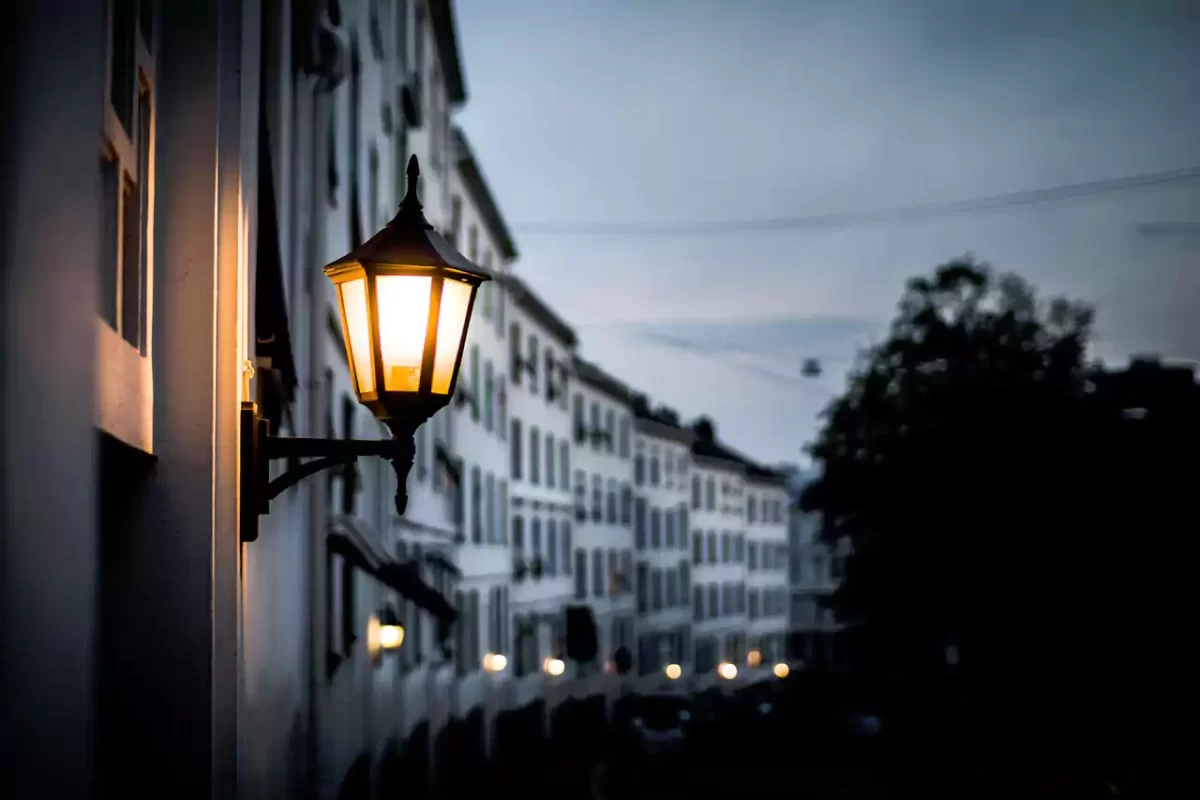BLOG
Why Do Solar Lights Stop Working After a Year?
Solar lights are a favorite among garden decorating enthusiasts in the United States and Canada for their eco-friendliness and ease of installation. However, many users find that their solar lights stop working after a year. This article delves into the reasons behind this common issue and provides solutions to extend the lifespan of your solar lights.
Understanding Solar Lights and Their Components
To troubleshoot why solar lights stop working, it’s essential to understand their main components:
- Solar Panel: Converts sunlight into electricity.
- Rechargeable Batteries: Store the electricity generated by the solar panel.
- LED Bulbs: Provide illumination.
- Controller Board: Manages the energy flow from the panel to the batteries and bulbs.
Common Reasons Why Solar Lights Stop Working
1. Degraded Solar Panel Efficiency
Solar panel efficiency can decline over time due to dirt, debris, or damage. A dirty or damaged panel can significantly reduce the amount of sunlight converted into electricity, leading to inadequate charging.
2. Battery Life and Performance
Rechargeable batteries for solar lights typically last about a year. Over time, their ability to hold a charge diminishes, leading to shorter operating times or complete failure.
3. Environmental Factors
Exposure to harsh weather conditions, such as heavy rain or snow, can damage the components of solar lights. Solar lights not working after winter or rain is a common issue due to moisture ingress and temperature fluctuations.
4. Corrosion and Rust
Metal parts of solar lights, including the battery contacts, can corrode or rust over time, especially in humid or rainy climates. This can interrupt the electrical connection and cause the lights to stop working.
5. Faulty or Worn-Out Components
Other components, such as the controller board or LED bulbs, may fail or wear out over time. Additionally, brand new solar lights not working might indicate manufacturing defects.
Solutions to Extend the Lifespan of Solar Lights
1. Regular Maintenance
Regularly clean the solar panels with a damp cloth to remove dirt and debris. Ensure that the panels are free from obstructions like overhanging branches that can cast shadows and reduce charging efficiency.
2. Replace Batteries Annually
To maintain optimal performance, replace the rechargeable batteries in your solar lights annually. Choose high-quality, compatible batteries for better longevity and performance.
3. Weatherproofing
Ensure your solar lights are weatherproof. Apply a clear coat of nail polish to seal any exposed metal parts to prevent rust and corrosion. Fixing solar lights with nail polish is a simple yet effective way to protect them from the elements.
4. Proper Installation
Install your solar lights in areas where they can receive maximum sunlight during the day. Avoid placing them in shaded areas or under structures that can block sunlight.
5. Inspect and Repair
Regularly inspect your solar lights for any signs of wear and tear. If your solar lights only work when touched, it could indicate a loose connection that needs fixing. Simple solar light repair tasks can often resolve minor issues.
Frequently Asked Questions (FAQs)
Why do solar lights suddenly stop working?
Solar lights can suddenly stop working due to issues like dead batteries, dirty solar panels, or water damage. Regular maintenance and timely battery replacement can help prevent sudden failures.
Why do my solar lights only last a year?
Solar lights often last only a year due to the limited lifespan of rechargeable batteries. Replacing the batteries annually can help extend their usage.
How can I get my solar lights to work again?
To get your solar lights working again, clean the solar panels, replace the batteries, check for any loose connections, and ensure they are installed in an area that receives adequate sunlight.
How many years should solar lights last?
With proper maintenance, solar lights can last several years. However, the batteries typically need to be replaced every one to two years.
Do outdoor solar lights wear out?
Yes, outdoor solar lights can wear out over time due to exposure to the elements, battery degradation, and component failure. Regular maintenance can help prolong their lifespan.
How often should you change batteries in solar lights?
It’s recommended to change the batteries in solar lights annually to ensure optimal performance. High-quality batteries may last up to two years, depending on usage and environmental conditions.
Conclusion
Solar lights are a sustainable and cost-effective option for garden lighting, but they do require regular maintenance to ensure long-term performance. By understanding the common reasons why solar lights stop working and implementing the suggested solutions, you can enjoy beautifully lit outdoor spaces for years to come. Regular cleaning, timely battery replacement, and proper installation are key to extending the lifespan of your solar lights.


